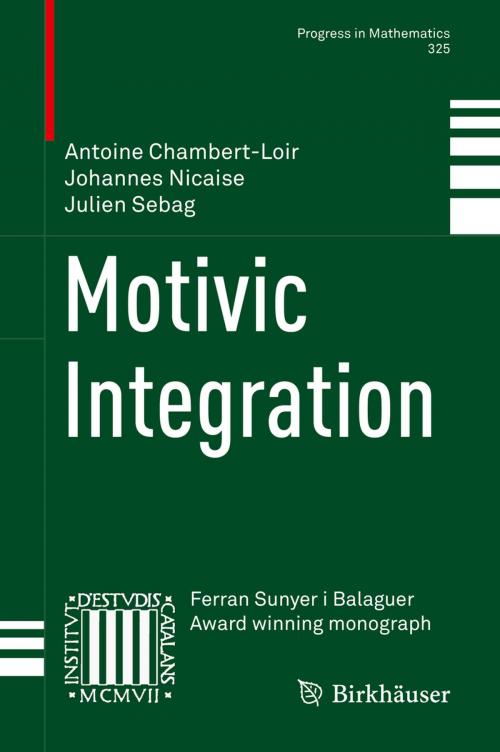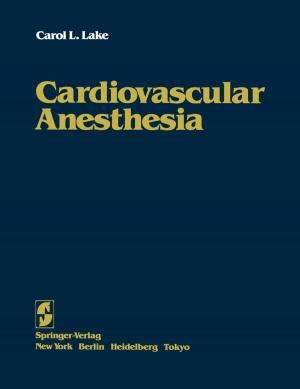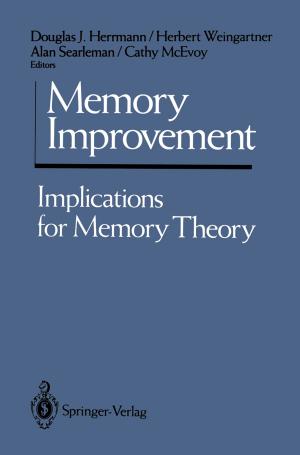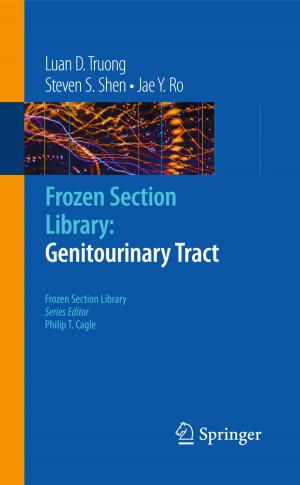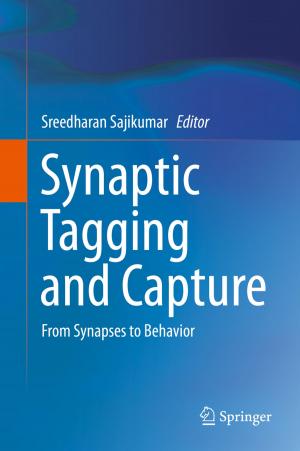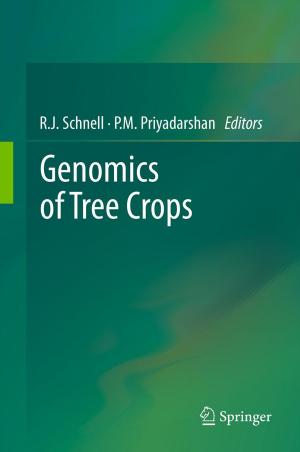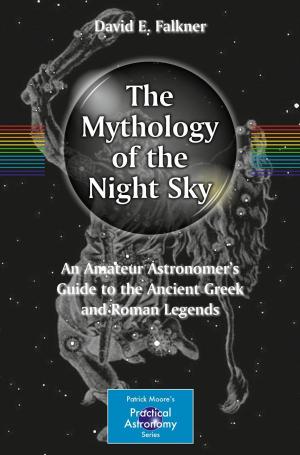| Author: | Antoine Chambert-Loir, Johannes Nicaise, Julien Sebag | ISBN: | 9781493978878 |
| Publisher: | Springer New York | Publication: | September 15, 2018 |
| Imprint: | Birkhäuser | Language: | English |
| Author: | Antoine Chambert-Loir, Johannes Nicaise, Julien Sebag |
| ISBN: | 9781493978878 |
| Publisher: | Springer New York |
| Publication: | September 15, 2018 |
| Imprint: | Birkhäuser |
| Language: | English |
This monograph focuses on the geometric theory of motivic integration, which takes its values in the Grothendieck ring of varieties. This theory is rooted in a groundbreaking idea of Kontsevich and was further developed by Denef & Loeser and Sebag. It is presented in the context of formal schemes over a discrete valuation ring, without any restriction on the residue characteristic. The text first discusses the main features of the Grothendieck ring of varieties, arc schemes, and Greenberg schemes. It then moves on to motivic integration and its applications to birational geometry and non-Archimedean geometry. Also included in the work is a prologue on p-adic analytic manifolds, which served as a model for motivic integration.
With its extensive discussion of preliminaries and applications, this book is an ideal resource for graduate students of algebraic geometry and researchers of motivic integration. It will also serve as a motivation for more recent and sophisticated theories that have been developed since.
This monograph focuses on the geometric theory of motivic integration, which takes its values in the Grothendieck ring of varieties. This theory is rooted in a groundbreaking idea of Kontsevich and was further developed by Denef & Loeser and Sebag. It is presented in the context of formal schemes over a discrete valuation ring, without any restriction on the residue characteristic. The text first discusses the main features of the Grothendieck ring of varieties, arc schemes, and Greenberg schemes. It then moves on to motivic integration and its applications to birational geometry and non-Archimedean geometry. Also included in the work is a prologue on p-adic analytic manifolds, which served as a model for motivic integration.
With its extensive discussion of preliminaries and applications, this book is an ideal resource for graduate students of algebraic geometry and researchers of motivic integration. It will also serve as a motivation for more recent and sophisticated theories that have been developed since.
